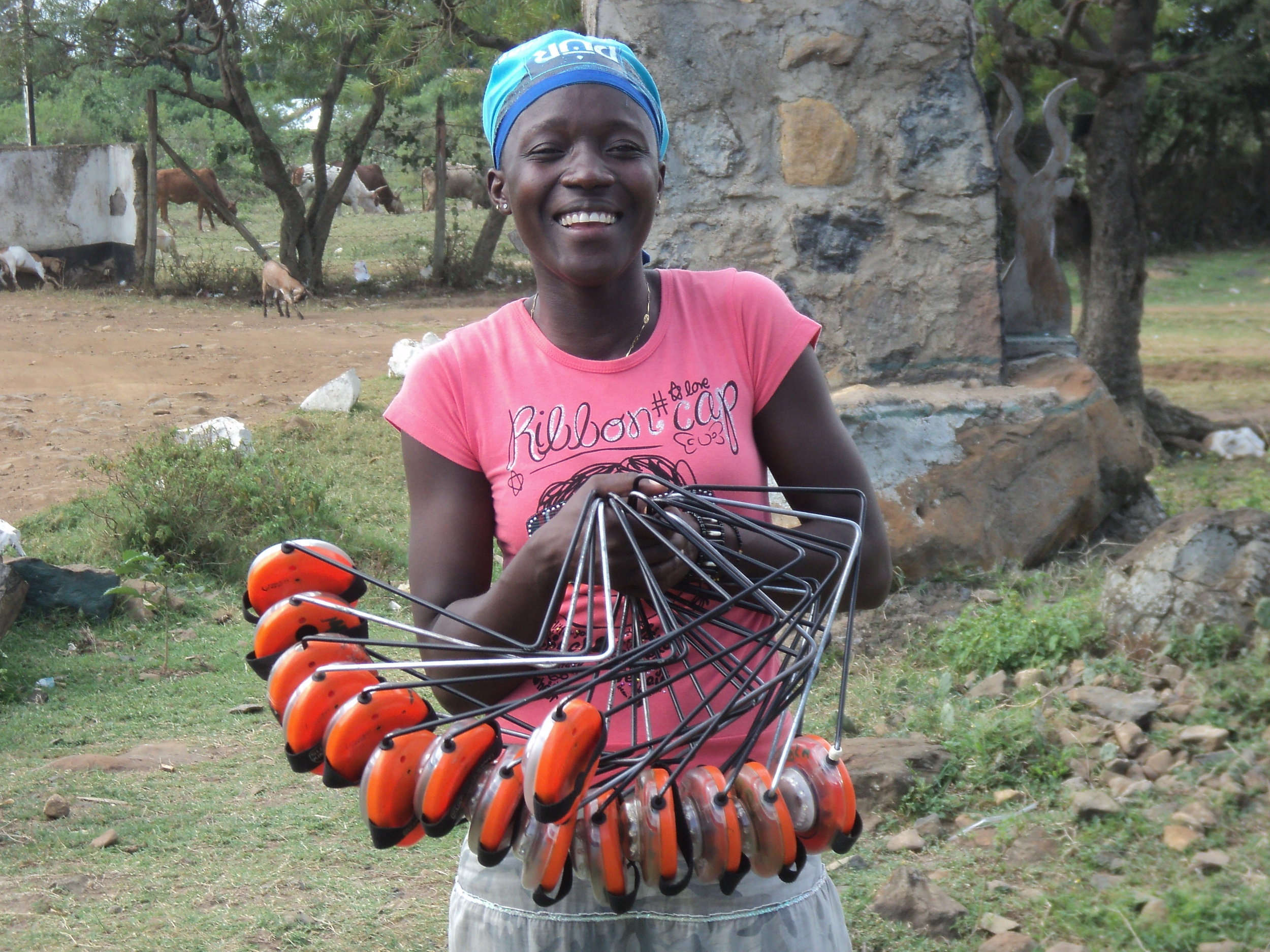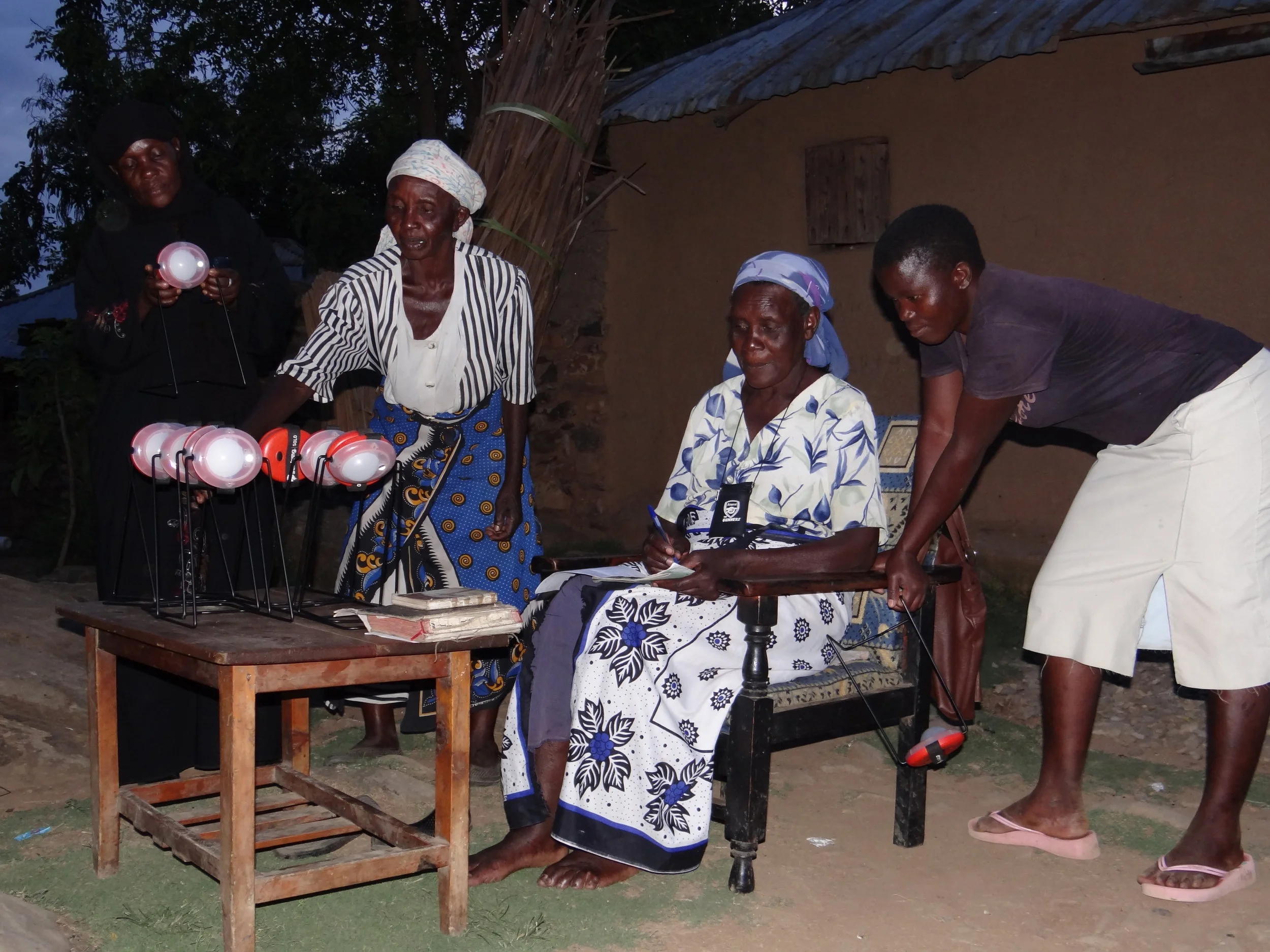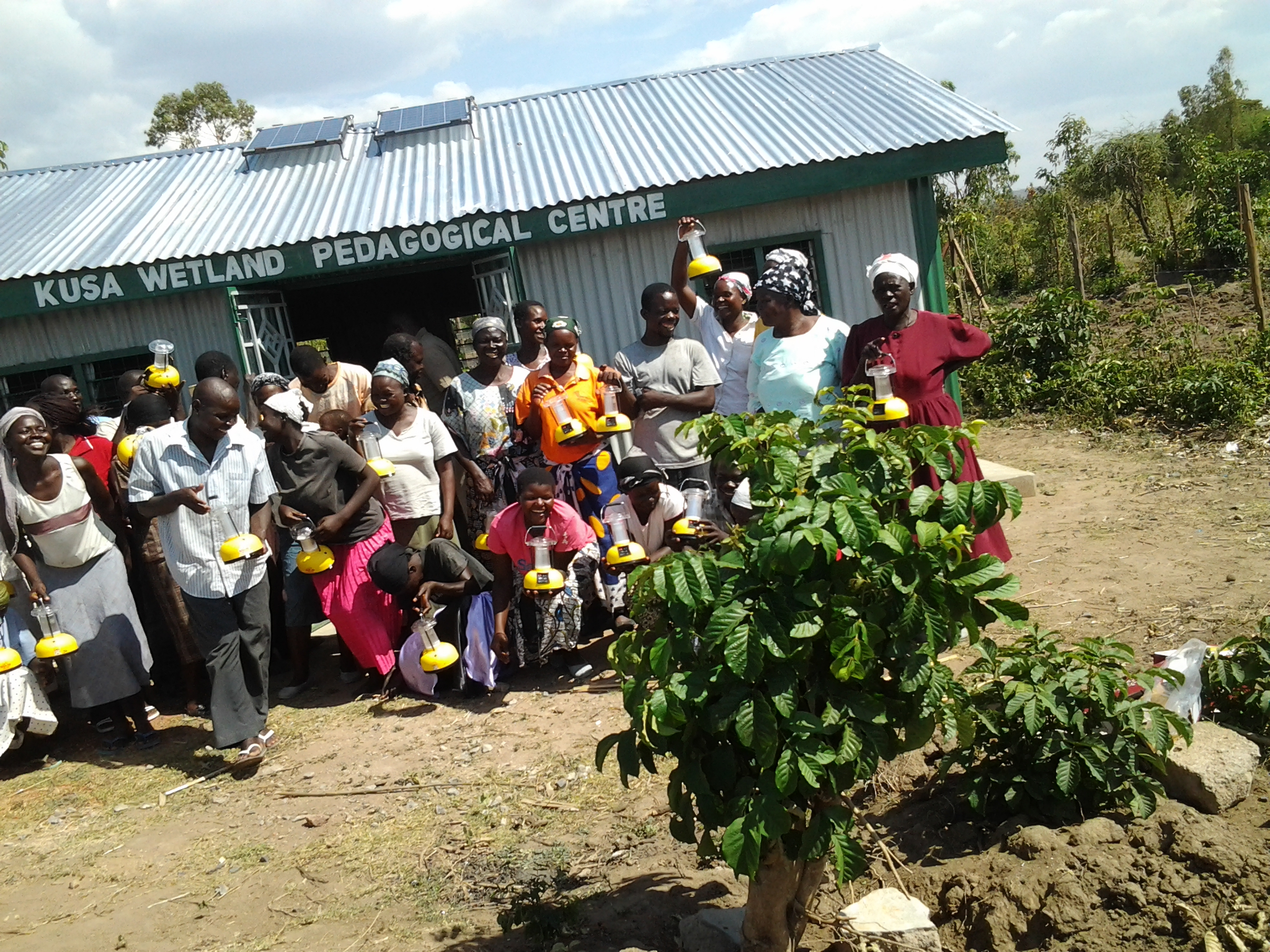Smokeless Homes Project
Location: Kenya
Background
The Lake Victoria wetlands and island villages are made up of fishing and small-scale subsistence farming communities. Nevertheless, fishing accounts for the main source of employment. There are nearly 3,000 inhabited Islands in Lake Victoria alone and these areas record the highest poverty levels in the country. Culturally, only men are allowed to go out to fish in the lake while women form part of the majority in the supply chain as end users.
The HIV prevalence in these districts stands high as compared to the national levels. Most inhabitants of the wetlands and island villages are traditional and strictly follow their cultural practices, which include wife inheritance. Risky sexual behaviors, such as “fish for sex” are common. “Fish for sex” is where a woman fishmonger offers herself for sex to a fisherman for more fish. These women are commonly referred to as “Jaboya” in the local language. The exploitation of women in the “fish for sex” culture and their overdependence on fish mongering exhibits the need for a holistic approach of economic empowerment.
Since women are household energy managers, energy users and energy suppliers, and are also often energy-consuming entrepreneurs, including them in energy-sector decisions can help ensure a more effective use of resources and more satisfied customers. Investing in women produces a ripple effect that continues into future generations since women tend to spend much of their earned income on improving the health, education and wellbeing of their families and children, thereby bringing about long-term intergenerational impacts. Directly integrating women into the energy value chain is critical, not only to increasing energy access but also to economic development and poverty eradication.
Thus, our long-term interventions will deal with livelihood security, nature conservation and health issues of women and entire community with linked benefits and co-benefits.
Objectives
To establish sustainable energy enterprises run by local women groups in order to enable rural households’ access to clean energy products for their basic needs.
To undertake capacity building training sessions that develop entrepreneurial skills.
To ensure financial access to the poor and vulnerable households through women-led energy enterprises and group savings and loaning.
Key Activities
Establishment of Village Solar Charging Stations
We set up solar charging stations which are run by women groups. The stations provide solar lamps for renting and phone charging services. The women undertake this as a group enterprise on a rent-to-own model by renting out the lamps daily at a cost lower than kerosene. After 4 to 6 months, the individuals own a solar lamp and a cook stove. In addition, the stations will employ locally trained solar lamp technicians who will able to handle repairs and maintenance needs for the customers.
We mainly deal with the award winning Green Light planet products- sun king lamps and also partner with The Energy Resource Institute (TERI) under the Lighting a Billion lives program for supply of the fixed charging station model. These are LED solar lamps that charge for a duration of six hours and are also able to charge even during cloudy days. They all have a two years warranty.
Capacity-building Training Sessions on Entrepreneurship and Leadership
The main objective is to provide the women with entrepreneurial skills that will ensure sound management of the Green Energy enterprises such as the solar charging station. The trainings are facilitated in collaboration with professional trainers from institutions such as Kenya Institute of Management (KIM), Ministry of Industrialization and YALI network, Kisumu. To identify the problems and undertaking a needs assessment, we have been able to organize focused group discussions with various women groups hence the selection of the proposed training areas including; Entrepreneurship (Basic concepts), Business Communication skills & fundamentals of customer service, Financial Literacy (Accounting for small enterprises), Marketing Skills and Group Savings and Loaning.
Sustainability Plan
Our approach for Rent-to-Own is unique. Through this the women will generate income that enables them to regularly acquire more lamps to replace already own lamps, hence sustainability
The capacity building trainings to the women groups on entrepreneurship development, marketing and operational skills, customer care and basic book keeping skills. This will enhance self reliance for the sustainability of the project.
The integration of Group Savings and loaning into the women groups’ energy enterprises will improve individual and group savings for stronger financial stability hence sustainability.
Beneficiaries and Expected Outcomes
Our project focuses on women who live in the rural areas including marginalized areas such as wetlands and islands villages in Kenya
This project will directly benefit the rural women categorized as; unemployed young women out of school, young mothers, single parenting women, widows and the elderly women. These women are often organized into local savings groups according to their common interests thus our approach to work through these groups will ensure that the women will benefit through job creation while implementing their group energy enterprises, Increased disposable incomes for their group savings, ownership of green energy products for their households and improved health among others.
Indirect beneficiaries will include their family members and relatives who will benefit from the use of green energy products for lighting, cooking and phones charging leading to the reduction of fire hazards in the households, medical expenditures on respiratory illnesses and improved educational opportunities among school children during extra curricula hours. Moreover, potential customers to the women including night fishermen, schools and vendors will also benefit from the energy enterprises run by the women.
These will be as a result of the energy empowered women championing for smokeless homes in their community.





